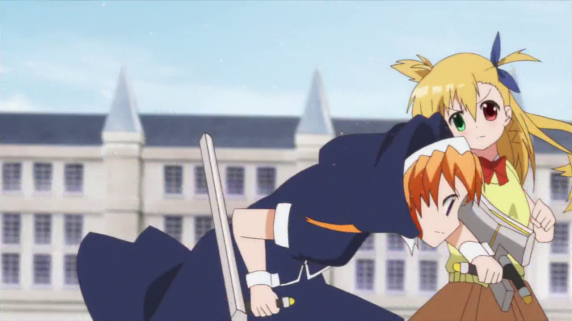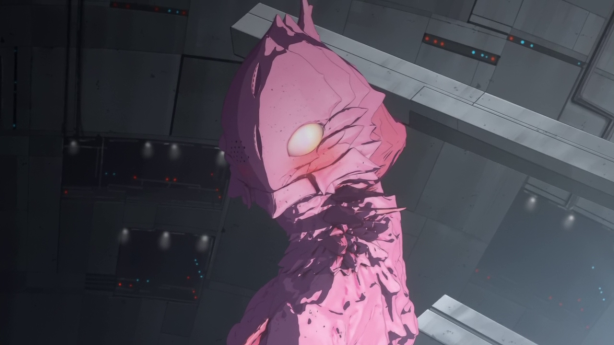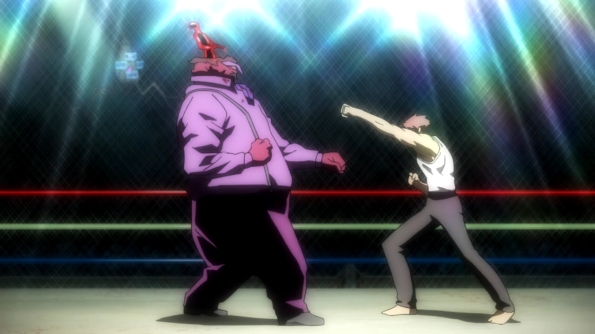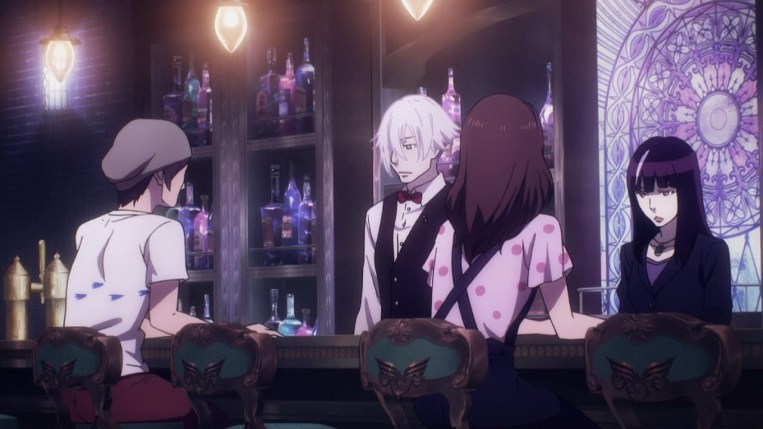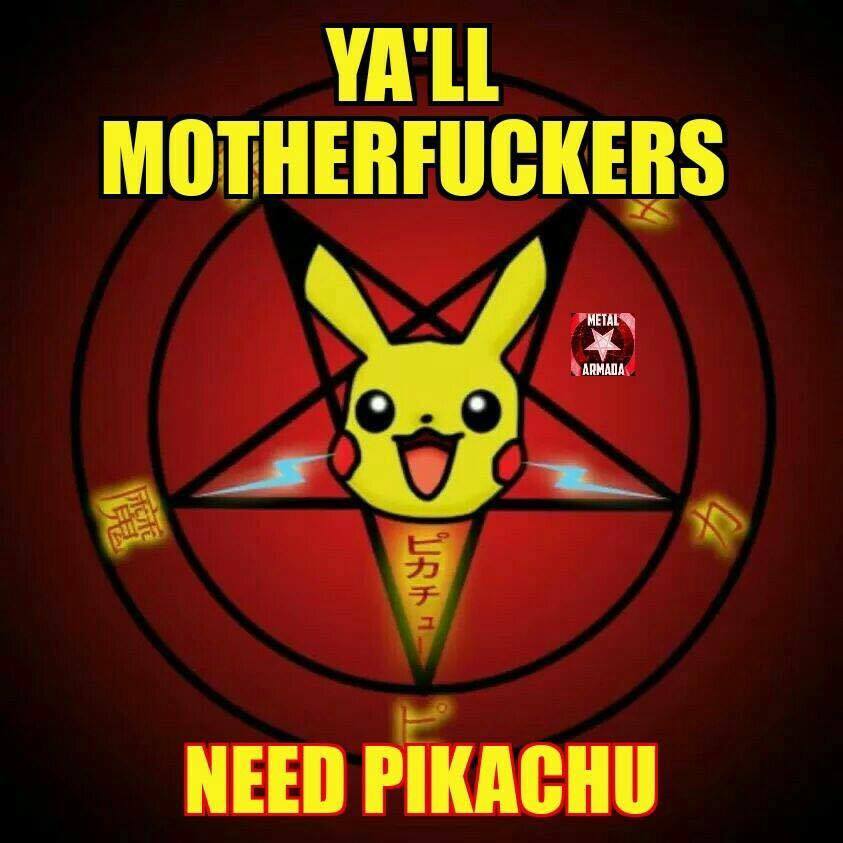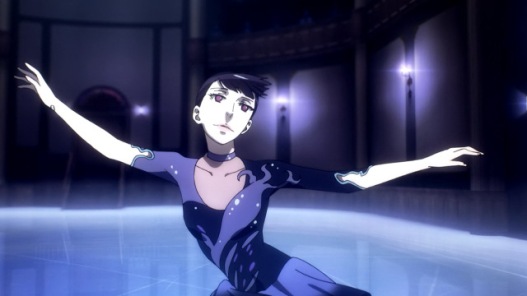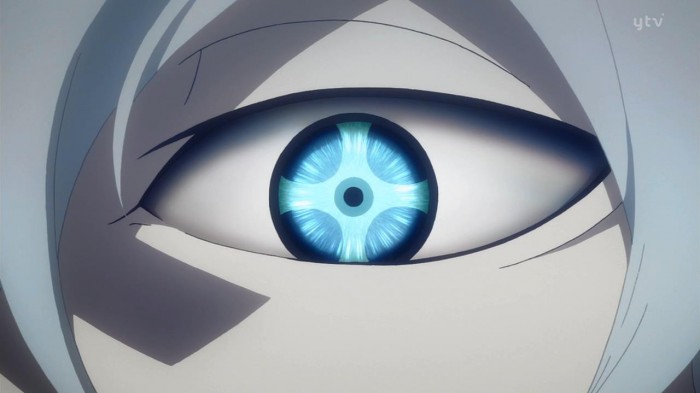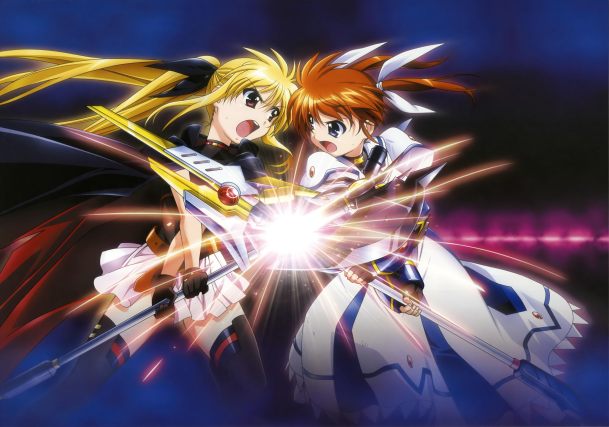Here we are, after so many months. Number One. What does Doll consider the best anime of all time? Is she really doing this tired blue-balls gag?
I’ve talked about this series before, it’s buried in the comments several times throughout the blog, but I don’t prop it up a lot because of how very specific it is, and how unknown it is.
I reference Madoka a lot as an example because it’s one most people are familiar with. Like a common language for contemporary anime fans. But also because Madoka, on the whole, is probably superior to today’s outing from the purely technical level, in terms of structure, style, and literary reference.
But as we said in the beginning, that is only part of the battle.
Today we examine one of the first series I watched with my girlfriend. She isn’t as big into anime as I am, and arguably it’s one of the weaknesses in our relationship that I wish I could share this thing with her but don’t often get to. But this was something she wanted to see, as she heard me watching it and liked the dark atmosphere she saw so she said, sure, why the hell not, let’s watch it together.
During the course of watching this series, she came to associate our relationship with the two main characters (something apt to happen to a lot of couples, I know. Hell we did the same thing with Madoka), but this has a unique distinction. Perhaps less so for her counterpart, but in part because I am so physically alike with the character attributed to me, and likely similar shades in our personalities, but at one point she turned and hit me in the shoulder, like really hard, shouting “what is WRONG with you?!” I share this to illustrate how close our focus character is to my own heart.
I’ve mentioned all those things in the introduction about what changes my scores. In a sort of foreshadowing, I was essentially explaining away why this series comes in at number one. It has girl love elements, I have used it as forum avatars and facebook icons and cosplays, and it is ripe with dark elements. Unlike Madoka, which had darkness IN it yet is still a relatively optimistic show, this series is a grand tragedy. A Shakespearean bad end that ends in death and suffering, and that’s the end. It holds out no hope, and I love it for that.
And above all, it is, I would argue, the single best character study series in all of anime.
So with that, let me introduce you, to Dataport Doll’s Number One Series of all time. Continue reading

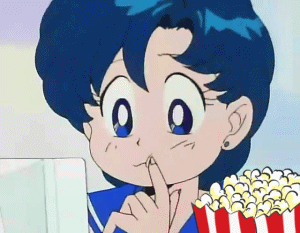
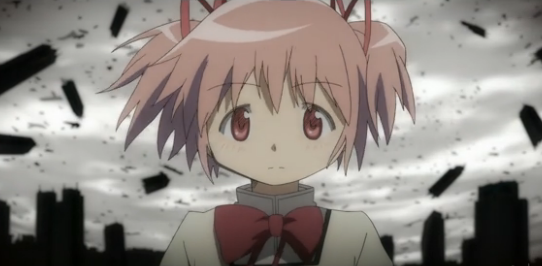
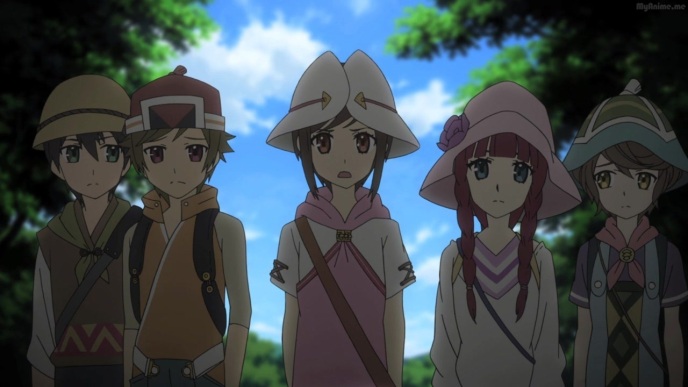
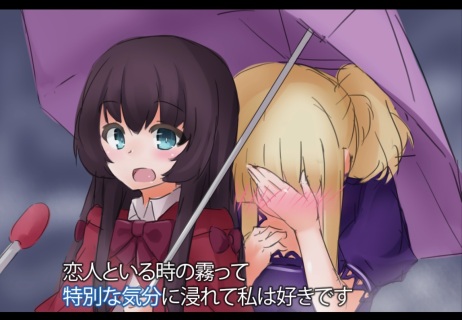
![[Leopard-Raws] Arslan Senki - 07 RAW (TBS 1280x720 x264 AAC)_001_29960](https://dataportdoll.files.wordpress.com/2015/05/leopard-raws-arslan-senki-07-raw-tbs-1280x720-x264-aac_001_29960.png?w=708&h=411)
